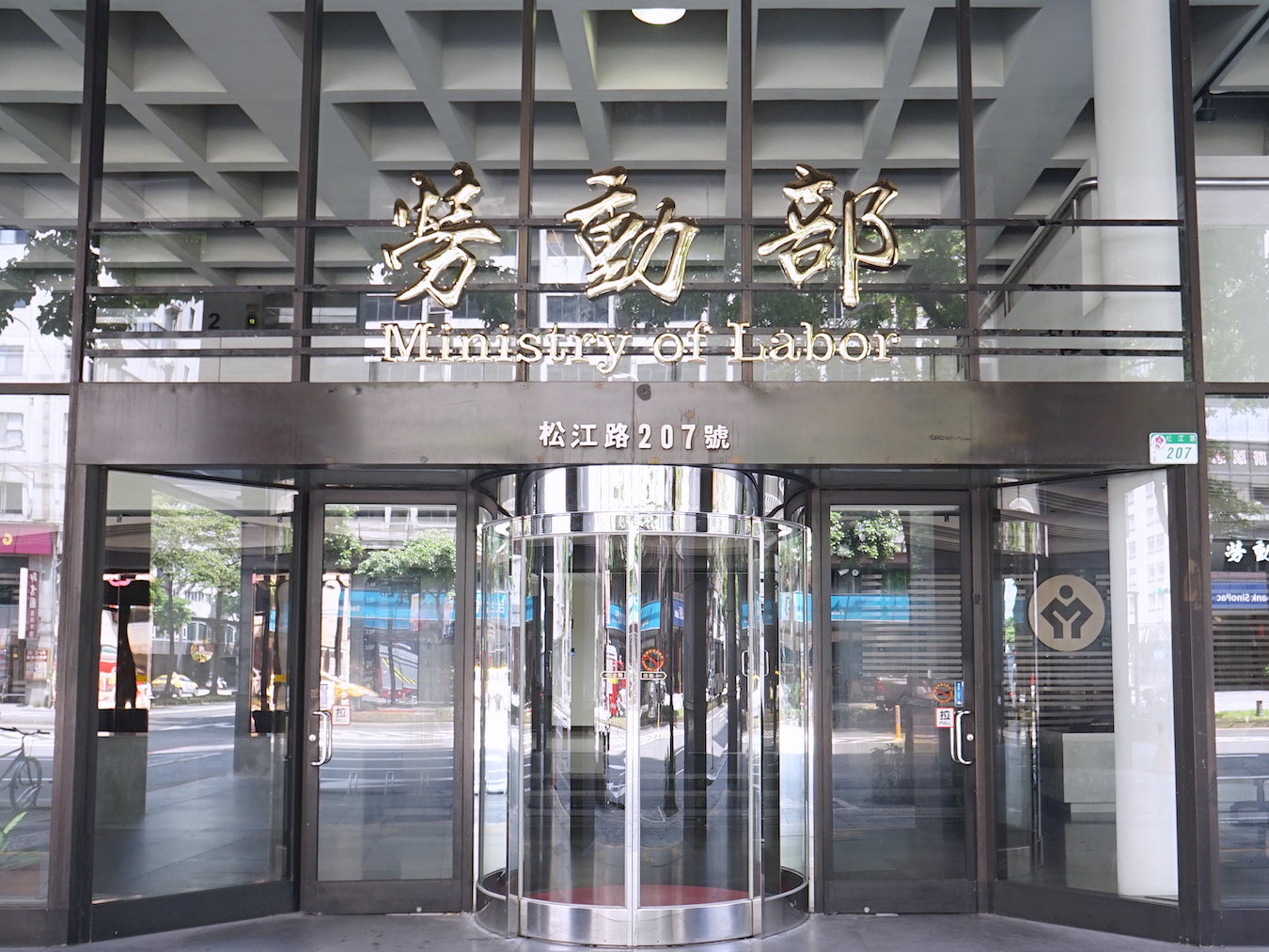by Brian Hioe
語言:
English
Photo Credit: Ethan Chan HC/WikiCommons/CC BY 2.0
AN INVESTIGATION IS currently ongoing into the death of a six-month-old child whose parents were undocumented Indonesian migrant workers in Taiwan. The child is suspected to have died of the norovirus, with his sickness having been discovered after his placement at a shelter.
There have long been issues of medical access facing undocumented migrant workers. This was a particularly salient issue during the COVID-19 pandemic. As it is thought that there are 85,947 migrant workers in Taiwan who are undocumented as of January, it was feared that this would create a sizable gap in efforts to prevent the coronavirus from spreading.
Concerns were raised after the 32nd confirmed case of COVID-19 was an Indonesian woman working illegally in Taiwan. The Taiwanese government announced in late February 2022 that it would check documentation for migrant workers accompanying their employers to the hospital.
But after this led to backlash regarding the possibility of undocumented migrant workers being afraid to come forward for check-ups, the Taiwanese government reversed course on the decision. Minister of Health and Welfare Chen Shih-chung was among those to state that checking the legal status of migrant workers would not be a priority with regard to health check-ups. When vaccination began to take place, seeing as Taiwan initially lacked vaccines accessible to First World countries,
Yet this did not prevent there from being some cases in which police demanded documentation from migrant workers who sought medical check-ups or who were being vaccinated. Migrant workers were also confined to factory dormitories, in spite of the potential for this to spread COVID-19 in tightly packed conditions, with the apparent view that migrant workers are particularly prone to spreading COVID-19, and a desire to keep migrant workers away from the Taiwanese public at large. Some social backlash ensued regarding spending by the government on medical care for non-citizens, whether regarding vaccination or educational campaigns about COVID-19 prevention measures.
It is possible that the child’s parents were afraid to seek medical aid for fear of being deported. As such, some proposals such as from KMT legislator Wang Yu-min, have been that health authorities should similarly not check paperwork for migrant worker parents as occurred during the pandemic with vaccinations and health check-ups for migrant workers.
 Photo credit: Solomon203/WikiCommons/CC BY-SA 4.0
Photo credit: Solomon203/WikiCommons/CC BY-SA 4.0
The Ministry of Labor has stated that it will roll out guidelines for the children of migrant workers, to streamline the process in which duties are divided up between the Ministry of Labor, Ministry of the Interior, and Ministry of Health, pertaining to settlement, vaccination, and other forms of assistance. But this proves a belated response, when Taiwan’s restrictive citizenship and naturalization laws have meant that children born in Taiwan to non-Taiwanese parents have long lacked access to medical care, education, or other social resources. And it is a question whether this will improve the situation for specifically undocumented workers.
Indeed, migrant parents–particularly mothers–have long faced the threat of deportation. Migrant mothers who are working face the threat of their contracts being terminated over pregnancies, in spite of the fact that this is illegal and the government has subsidies it provides in such cases. Many migrant mothers, then, are forced to return home because they face the threat of their contracts suddenly being terminated and forcing them to leave the country on short notice–potentially with a child.
Similarly, migrants who are married to Taiwanese face a four-year barrier in which they cannot obtain ROC nationality. If a divorce happens during this period, they are often forced to leave. If they have children, they may then be separated from their child, forcing some to become undocumented in order to stay with their child given the steep barriers that many face to returning. Although in theory, such mothers could stay if they gain custody of their child, this rarely if ever happens.
The death of the child points to a number of issues, then. Yet there has not been a strong response from Taiwanese society to date, even as the public has been up in arms about the death of a child that occurred in foster care. This is likely because the death does not involve a Taiwanese child–ironic, at a time in which rising immigration means that one in ten elementary and middle school children has a foreign-born parent.

